Many code compliance issues have their base in public health and safety issues, by observation. Whether it be providing "homes" for undesirable creatures, the seepaage of the vehicles' bodily fluids into groundwater (from moisture run-off via surface locations or into the ground itself), OR the ability of "first responders" to quickly and effectively do their jobs, when needed. Many orientations not readily apparent, sometimes. Not to forget about the possibility of the appearance of an unlicensed salvage yard operation in inappropriate locations.
In TX, for example, there are state statutes on these things which can also serve as the minimum-spec for local ordinances. The issue of "concealment" is also in the mix (taller fences, "fast growing foliage", car covers, etc.), too. Although some locales also include the ability of being able to walk around/through the storage area, too.
In many TX cities, the code ordinances ALSO mention "flat tires" on parked vehicles, even if they are in your driveway. That "flat tire" is a key to the vehicle not being operational and which can't be quickly moved for a first responder to do their job saving your property, if needed. On a public parking lot, it can mean "abandoned", too.
Rather than learn of these things when a municipal official comes to call, it is recommended that you go to the municipality and request to see (and get a copy of) any and all ordinances pertaining to vehicles on your property. It is also suggested that you "pay with cash" and (as a friend did) give them your first name and "chooses to not give last name" for the required cash receipt.
About 30 years ago, a friend was living in a city north of Dallas, TX. It was a part of town where all garages entered from a back alley. He looked out his front window one morning to see a city police operative writing a ticket on a car he had sitting in front of his house, legally, but a tire had gone flat and a neighbor had complained. He went out to talk to the officer and was told a tow truck had been called to remove the car. So my friend accepeted the ticket and waited for the tow truck to arrive. He then paid the tow truck's driver for his time and then went to get some Fix-A-Flat and get the car moved (licensed and inspected).
He then went to the municipality's office and requested copies of all ordinances pertaining to cars. When the clerk returned with the copies and stated the price, my friend paid in cash. The clerk then asked for his name for the receipt. My friend gave his first name and stopped there. When asked for his last name, he replied that he did not wish to give that, which resulted in "_____, Does not wish to give last name" on the receipt.
The ordinances mentioned "Parked on an improved surface", concealment, and such. The "improved surface" resulted in a trip to a big box home improvement store to get some concrete squares to go under the cars' tires. "Concealment" was there in the form of a solid fence around the rear arer of the house, with similar gates for access. Then he posted a sign on the outside of the gates (always closed) to the effect that any vehicles on his property were "under restoration".
The "improved surface" item can be important to keep the vehicle, with time, not "sinking" into the ground and being hard to move, should the need arise. Even some "harder surfaces" can let this happen over time (think years), by observation.
Turns out the "flat tire" vehicle had been complained about by a neighbor down the street.
Another friend in Dallas had acquired a Buick station wagon he liked. He had it parked in his garage, but the rear section was a bit too long for the door to close. He got letters from the city about the car, but he ignored them. One day he came home to find the car removed from his property. He thought it had been stolen, but found out that he should have read those letters! In THIS case, an elderly lady across the street had complained about the car. One of her issues was that during certain times of the day, the sun angle resulted in a reflection off of the car's rear bumper which reflected strongly into her living room, hindering her television viewing. So her complaint resulted in the non-licensed/non-current-inspected vehicle being removed, BUT removed only after the letters had been sent and not-replied to. His loss.
ONCE the "clock starts" on these deals, there is usually a specified time to respond to any concerns. How much "leniency" can be determined by many factors, by observation, BUT a willingness to work with the municipality officer CAN be important. In most cases, it takes a ccomplaint to trigger visits, but sometimes, it can be to "pushes to get things cleaned up" at the municipal level, too.
In this hobby, having "parts cars" around can be a part of a restoration project. So knowing the codes can be operative, too. Knowing the rules CAN be important in "playing the game".
Just some observations,
CBODY67
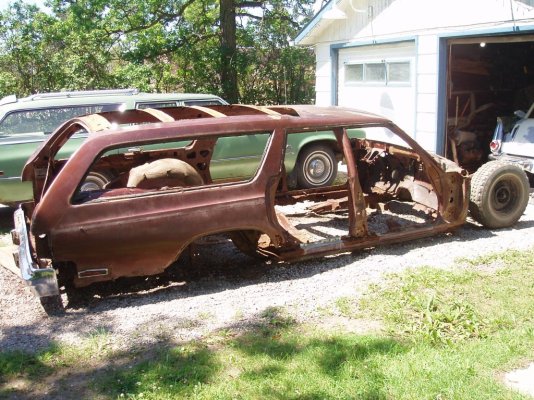
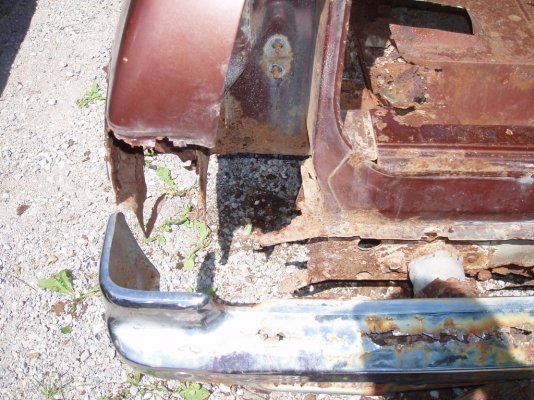
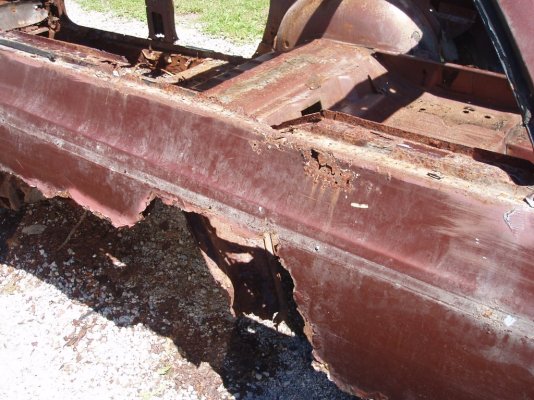
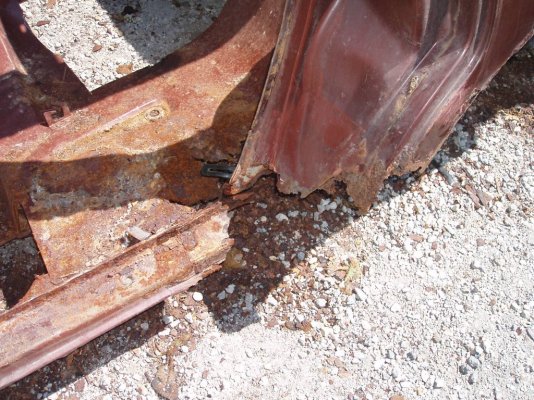
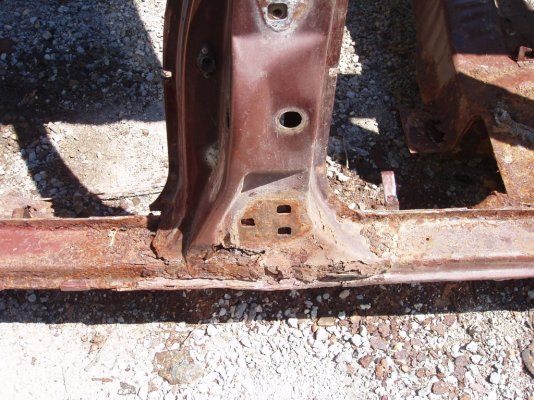
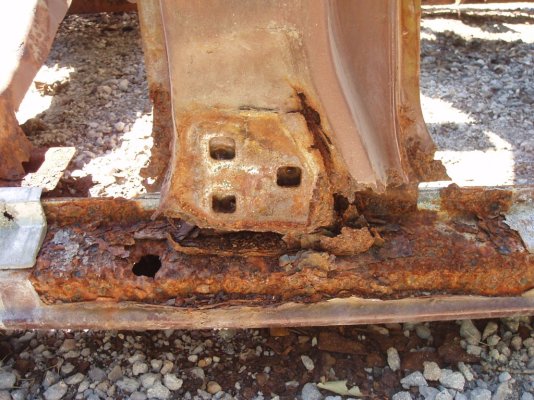 I'll add another post to show you guys that car.....
I'll add another post to show you guys that car.....




 I'll add another post to show you guys that car.....
I'll add another post to show you guys that car.....















